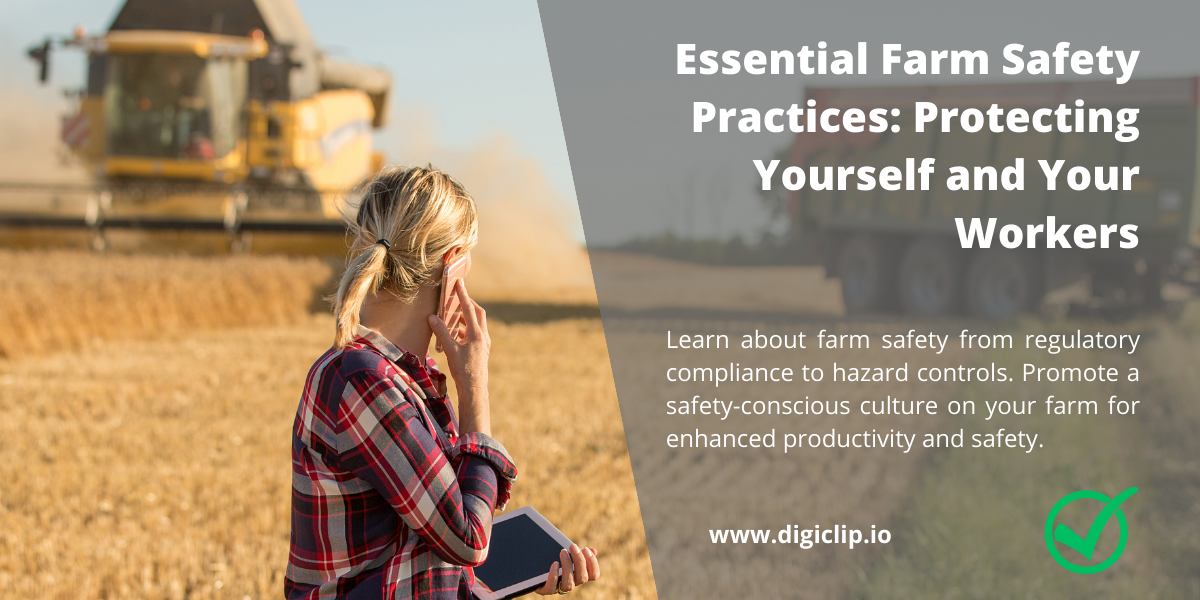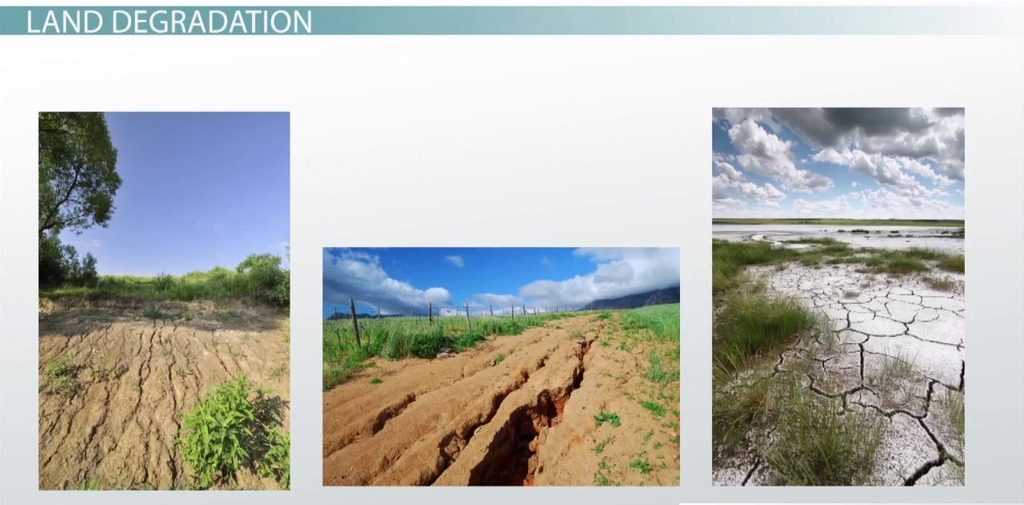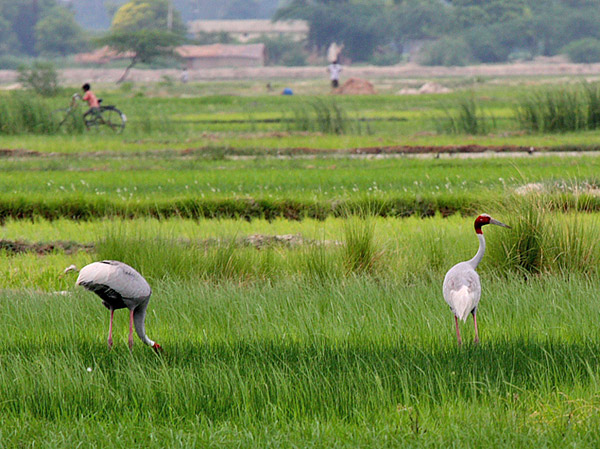Farming is a noble and time-honored profession, providing sustenance for communities and nations. However, it’s also one of the most hazardous industries in the world. Farm accidents can result in serious injuries or even fatalities, affecting not only the individuals involved but also their families and livelihoods. In this blog post, we’ll explore the importance of farm safety and provide valuable tips and resources to protect yourself and your workers in this demanding profession.
Understanding the Risks
Farming involves a wide range of tasks, from planting and harvesting crops to caring for livestock. Each of these tasks comes with its own set of risks. Here are some common hazards faced by farmers:
Machinery Accidents: Farm machinery, such as tractors, combines, and harvesters, can be dangerous if not used properly. Accidents involving these machines are a leading cause of farm-related injuries.
Chemical Exposure: Pesticides, fertilizers, and other chemicals are essential for modern farming, but they can be harmful if mishandled or if protective gear isn’t used.
Falls: Working at heights, such as on ladders or in silos, poses a significant risk. Falls can result in fractures, concussions, or worse.
Animal Handling: Livestock can be unpredictable and may pose a danger to those who work with them. Bites, kicks, and crush injuries are all potential risks.
Weather-Related Hazards: Farmers often work outdoors, exposed to the elements. Extreme temperatures, storms, and lightning can all pose dangers.
Farm Safety Measures
Now that we’ve identified the risks, let’s delve into practical measures you can take to ensure farm safety:
- Proper Training and Education: Invest in training for yourself and your workers. Ensure everyone understands how to use machinery, handle chemicals, and work safely around animals. Regularly update this training to stay current with best practices.
- Use Protective Gear: Provide and enforce the use of appropriate personal protective equipment (PPE) such as helmets, gloves, safety glasses, and ear protection. The right gear can make all the difference in preventing injuries.
- Maintain Machinery: Regular maintenance and inspections of farm equipment are essential. Faulty machinery is a recipe for disaster. Ensure brakes, lights, and safety mechanisms are in working order.
- Safe Handling of Chemicals: Follow label instructions meticulously when working with pesticides and fertilizers. Store chemicals in designated areas, and keep them out of reach of children and pets.
- Controlled Animal Handling: Always exercise caution when working with livestock. Proper handling techniques can minimize the risk of injuries. Consider using chutes, pens, or restraints to manage animals safely.
- Weather Awareness: Monitor weather forecasts and have a plan in place for extreme conditions. Ensure workers have access to shelter during storms and are aware of lightning safety protocols.
- Avoid Fatigue: Farming often involves long hours and hard physical labor. Ensure everyone gets adequate rest to prevent exhaustion, which can lead to accidents.
- Emergency Response: Have a well-thought-out emergency response plan in place. Ensure everyone knows how to access medical assistance promptly in case of an accident.
Resources for Farm Safety
Fortunately, there are numerous resources available to help you enhance farm safety:
Farm Safety Organizations: Organizations like the National Farm Safety and Health Council and the Farm Safety Foundation offer a wealth of information, training materials, and resources.
Government Agencies: Many government agencies provide guidance on farm safety. In the United States, the Occupational Safety and Health Administration (OSHA) offers resources specific to agricultural safety.
Local Extension Services: Your local agricultural extension service can be an excellent source of information and training on farm safety tailored to your region.
Online Courses: There are several online courses and webinars available that cover various aspects of farm safety, from machinery operation to chemical handling.
Peer Networks: Joining local or regional farming associations can connect you with experienced farmers who can share valuable insights and safety tips.
Conclusion
Farming is a vital profession that sustains communities and nations. However, it’s essential to recognize and mitigate the inherent risks that come with it. By investing in training, protective measures, and safety resources, you can protect yourself, your workers, and your livelihood. Remember, safety is the foundation on which successful farming thrives. So, let’s make farm safety a priority and ensure a healthier, safer future for all involved in this noble profession.






